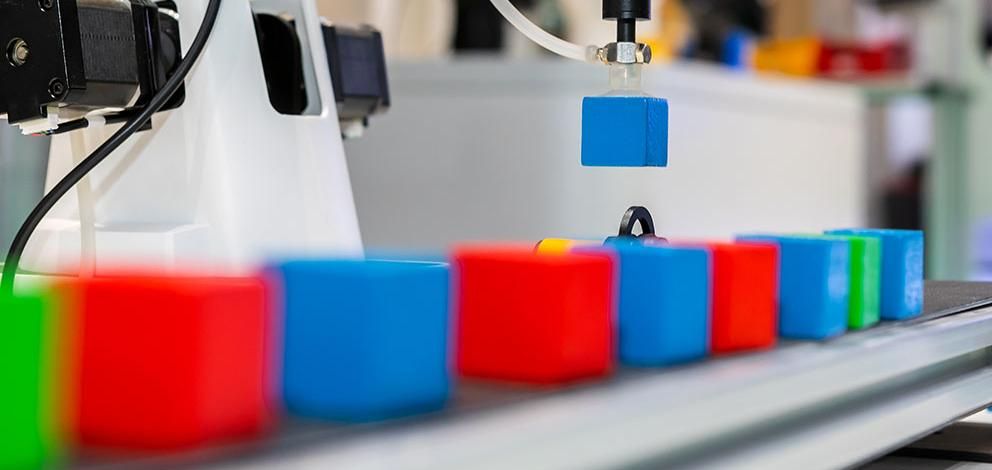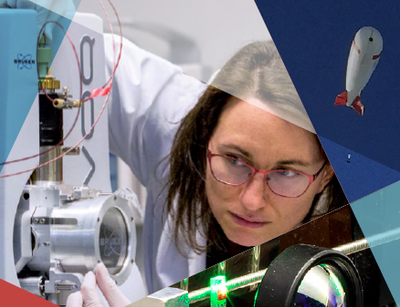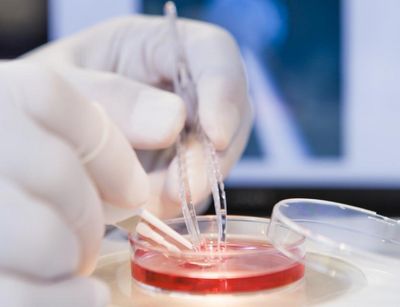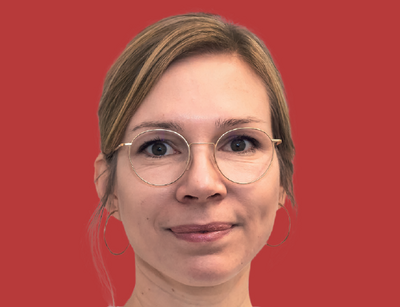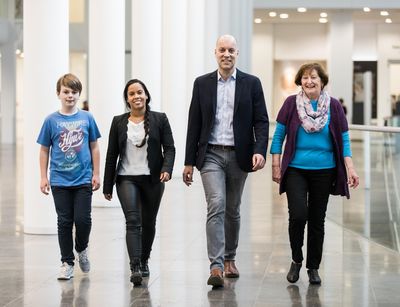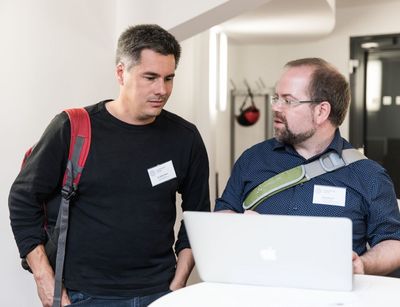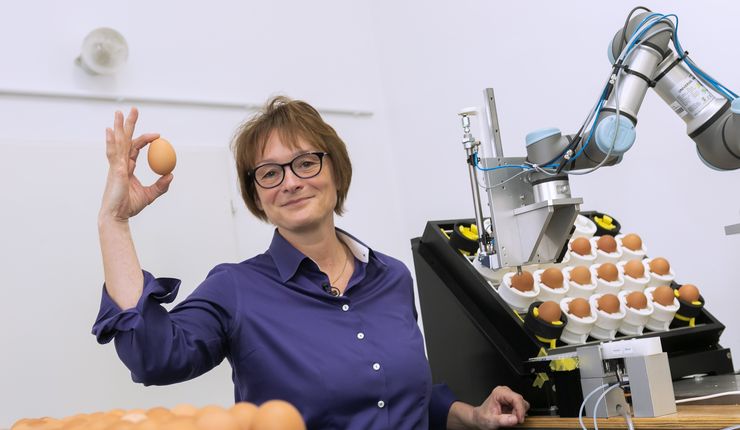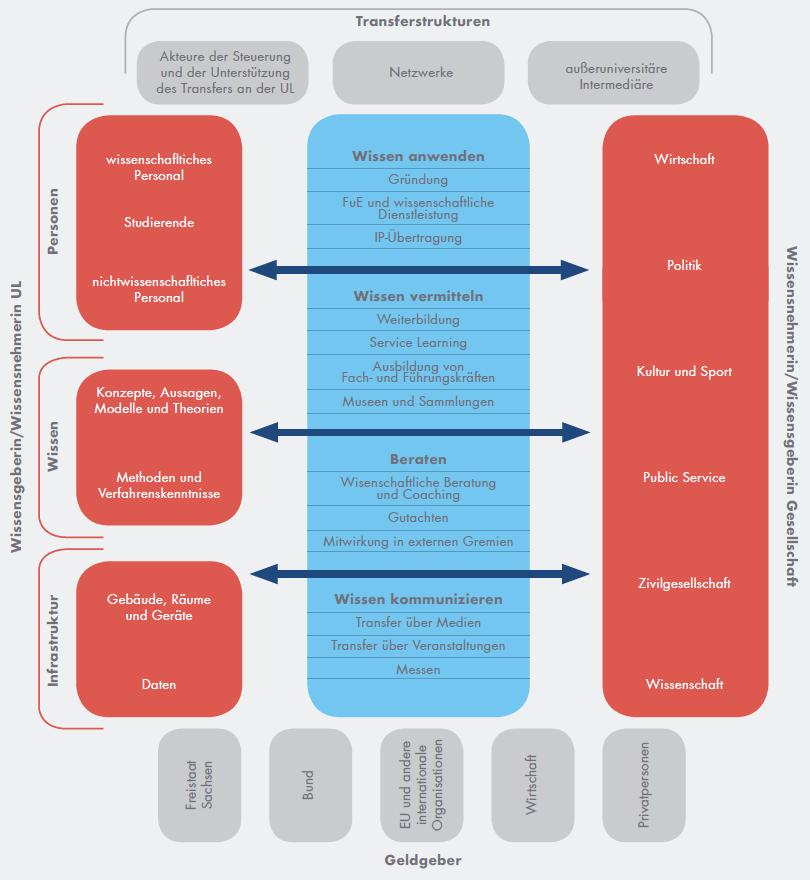How the University Sees Itself
Our university promotes the transfer of knowledge to society, industry, politics and culture. By making the knowledge gained in its name accessible and effective, it lives up to its social responsibility.
In addition, Leipzig University is available as a point of contact and partner for those outside the University. As a knowledge centre, Leipzig also wants to motivate people outside the University to actively participate in the transfer of knowledge. Leipzig University is a pioneer of innovation and creates spaces for dialogue.
Members of our university generate knowledge for the provision and safeguarding of public goods, they train professionals for education, law, healthcare and other important areas of public life. In this way, Leipzig University makes an important contribution to the provision of public services of general interest.
Our university’s transfer strategy takes into account knowledge from all disciplines. The activities are closely aligned with societal needs and challenges. In this way, we identify new knowledge potential early on, enter into successful partnerships and optimise our infrastructures for the sake of transfer.
Our knowledge communication is based on target groups and transparent.





























































